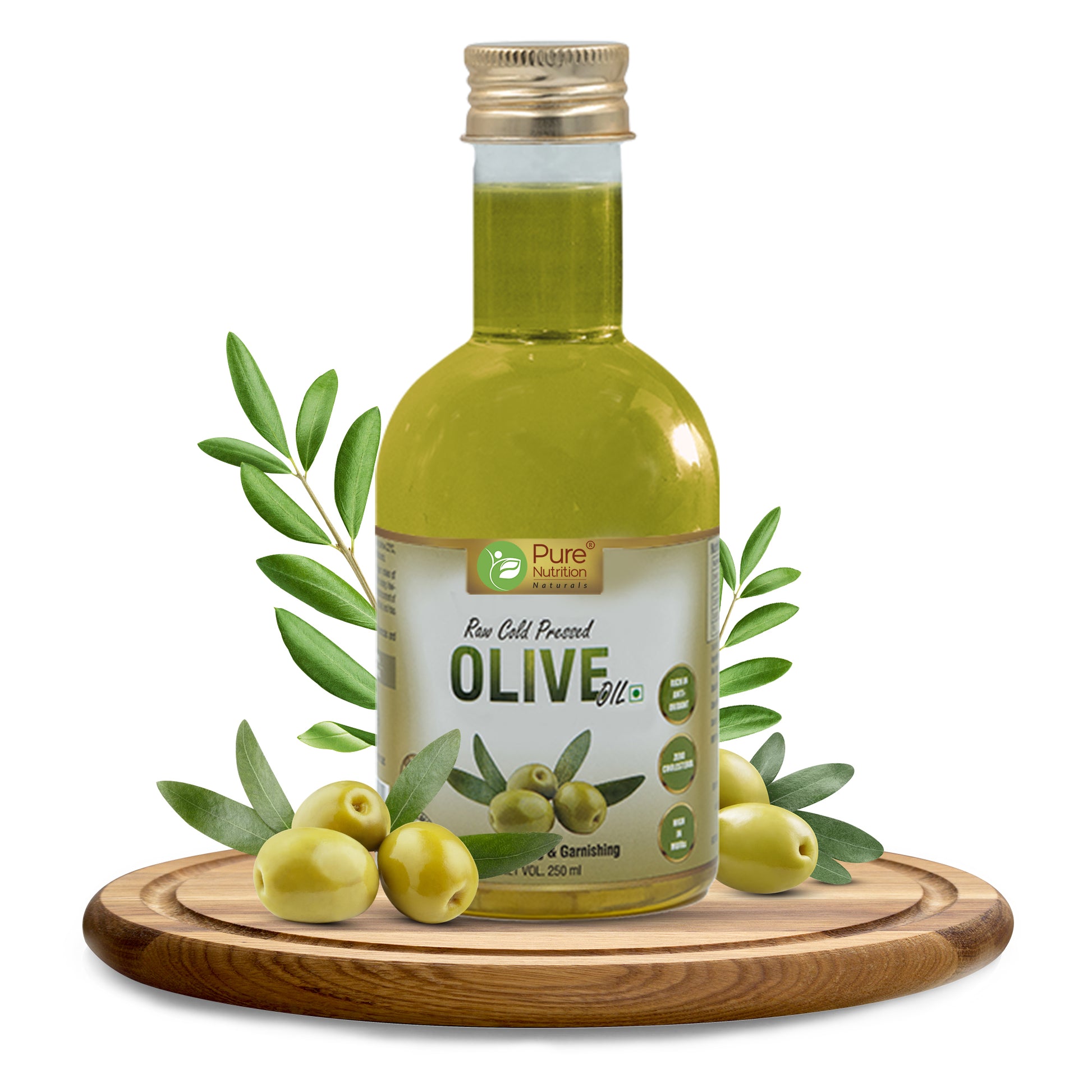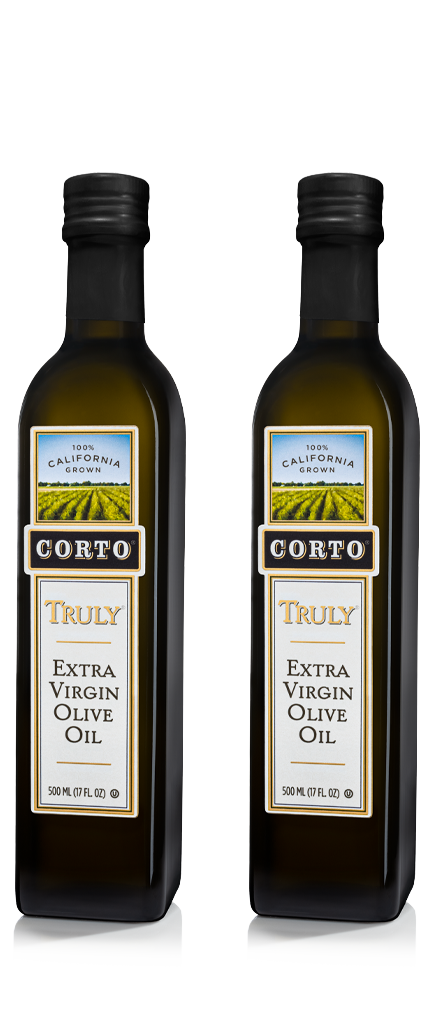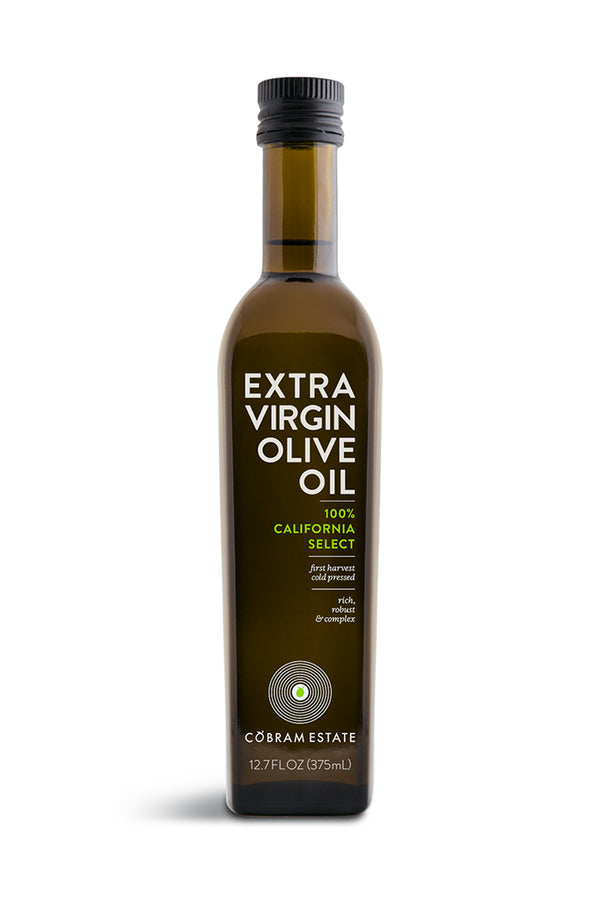Extra Virgin Olive Oil Benefits: Why It’s Essential for Your Mediterranean Diet
Extra Virgin Olive Oil Benefits: Why It’s Essential for Your Mediterranean Diet
Blog Article
Checking Out the Different Kinds Of Olive Oil and Their Usages, Including Bonus Virgin Olive Oil
The exploration of olive oil incorporates a diverse variety of types, each offering distinct flavors and culinary applications. Extra virgin olive oil, renowned for its premium quality and health and wellness benefits, offers as a staple in lots of kitchens, yet it is only one element of this complex ingredient.
What Is Olive Oil?
Derived from the fruit of the olive tree, olive oil is a staple in Mediterranean cuisine and a key component in numerous cooking applications. This versatile oil is created by pressing whole olives, leading to a liquid that differs in scent, color, and taste depending on the type of olives utilized, the area of farming, and the extraction procedure. Olive oil is mainly made up of monounsaturated fats, especially oleic acid, which is known for its prospective health and wellness benefits, including anti-inflammatory residential properties and cardiovascular assistance.
Along with its cooking uses, olive oil has a lengthy background of application in conventional medicine and skincare, owing to its abundant antioxidant material (extra virgin olive oil benefits). The oil is commonly made use of in dressings, marinades, and for cooking methods such as sautéing and roasting. Its distinct taste account can boost the taste of numerous dishes, making it a crucial ingredient for both home chefs and professional cooks
Moreover, olive oil is commemorated for its function in the Mediterranean diet regimen, which is related to many health and wellness advantages. As awareness of these benefits grows, olive oil remains to get popularity worldwide as a fundamental part of a healthy way of life.
Sorts Of Olive Oil
Recognizing the different sorts of olive oil is important for both health-conscious customers and cooking lovers. Olive oil is categorized mostly based upon its extraction technique and top quality, which significantly impacts its fragrance, taste, and health benefits.

Light olive oil, despite its name, refers to a lighter taste and not reduced calories. It is perfect for those seeking an extra refined preference in dressings and marinades. Furthermore, there are flavorful olive oils infused with herbs, flavors, or citrus, which can improve meals without the demand for extra seasoning.
Each sort of olive oil serves specific culinary objectives, and recognizing these distinctions enables customers to make educated choices that align with their cooking styles and wellness goals.
Additional Virgin Olive Oil
Extra virgin olive oil (EVOO) is widely considered the highest possible quality olive oil available, popular for its rich taste and numerous health advantages. To be classified as additional virgin, the oil must be created from fresh olives using mechanical processes, without making use of solvents or extreme heat. This thorough method protects the oil's all-natural flavors, anti-oxidants, and healthy and balanced fats, leading to a product with a reduced acidity degree of much less than 0.8%.
EVOO is abundant in monounsaturated fats, specifically oleic acid, which is linked to decreased swelling and enhanced heart wellness. It also includes polyphenols, effective anti-oxidants that may provide safety effects against persistent conditions. The flavor profile of EVOO can vary dramatically depending on the olive range and area of manufacturing, ranging from fruity and grassy to durable and sharp.

Culinary Uses of Olive Oil

In cooking, olive oil can be made use of for sautéing, toasting, and grilling, providing a much healthier choice to butter or various other fats. Its high smoke factor makes it appropriate for various cooking methods, while its anti-oxidants add to a heart-healthy diet see this here plan. Showering olive oil over completed meals, such as pasta, fish, or grilled vegetables, can boost tastes and add a touch of elegance.
Moreover, olive oil plays a significant duty in cooking, where it can replace traditional fats in dishes for bread and breads, passing on moisture and a refined taste. It also acts as a base for instilled oils, enabling cooks to trying out flavors such as garlic, herbs, or chili, better broadening its culinary possibility. In general, olive oil's flexibility makes it important in both home and specialist kitchens.
Deciding On Top Quality Olive Oil
When selecting high quality olive oil, it's important to consider a number of essential factors that affect the product's aroma, health and wellness, and taste advantages. useful site Decide for additional virgin olive oil (EVOO), which is derived from the first cool pressing of olives and consists of the highest levels of anti-oxidants and beneficial compounds. Try to find oils that are certified by identified organizations, as this usually guarantees adherence to rigid top quality standards.
The packaging additionally plays a significant function in protecting the oil's honesty. Pick oils stored in dark glass bottles or tins to safeguard against light deterioration. Take note of the harvest date; fresher oils provide remarkable taste and dietary worth, so pick items that are within 18 months of their harvest.
Be aware of the preference; a great high quality olive oil should have an equilibrium of fruity, bitter, and sharp notes, suggesting its richness and complexity. By reviewing these variables, you can ensure you are choosing the ideal olive oil for your cooking needs.
Conclusion
In recap, the expedition of various kinds of olive oil discloses unique characteristics and applications, with added virgin olive oil standing for the pinnacle of top quality because of its reduced acidity and high antioxidant content. Its flexibility in cooking uses improves tastes in dressings, marinates, and drizzles. Recognizing the various varieties of olive oil enables notified selections in cooking approaches, read here promoting much healthier methods while enriching the overall gastronomic experience. Quality selection stays important for optimum benefits.
Obtained from the fruit of the olive tree, olive oil is a staple in Mediterranean food and a key active ingredient in various culinary applications.The most typical kinds of olive oil include refined olive oil, pure olive oil, and light olive oil.Additional virgin olive oil (EVOO) is extensively regarded as the greatest top quality olive oil available, well known for its abundant taste and countless health benefits. Choose for added virgin olive oil (EVOO), which is acquired from the first cool pressing of olives and includes the greatest degrees of anti-oxidants and beneficial compounds.In summary, the exploration of different kinds of olive oil discloses distinct qualities and applications, with additional virgin olive oil representing the pinnacle of high quality due to its low level of acidity and high antioxidant material.
Report this page